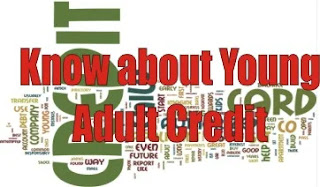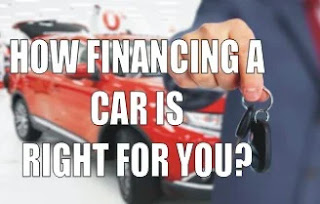The most common misconception about bankruptcy is that it is the borrower version of the Monopoly "get out of jail" card.
While most people know that bankruptcy affects your credit for 7 to 10 years, very few know that you will have to pay off the debt, even if you have a Chapter 7 "direct" bankruptcy. in. The formal definition of bankruptcy is "an action in federal court in which an insolvent debtor's assets are canceled and the debtor is released from further liability."
On the other hand, the most common definition of bankruptcy is "the process of getting rid of your debt completely." In most cases, the latter definition may be appropriate, but in some cases, including bankruptcy, you will still have to repay at least part of the debt.
So when are you likely to repay your loan?
The most common situation here is when you get all the negative consequences of filing for bankruptcy (severe credit impact for 7 to 10 years) but nothing less (you still have to pay less debt. ). Department):
1) You earn more than the average person in your state.
If so, you are likely to be forced into a Chapter 13 bankruptcy plan. In Chapter 13 bankruptcy, the court orders that you give all of your disposable income to a court-appointed trustee, who distributes the payments to your creditors. Keep in mind that the court determines your disposable income based on average necessary expenses based on national and county data, not what you're paying.
Just because you pay for the car doesn't mean the court will approve it. There have been cases where judges have ordered families to stop sending their children to private schools so that they have more money to pay off their debtors. In Illinois, the latest figures for Illinois median income by household size are:
Illinois Forecast
1 person family 41,650
2-Person Families 52,891
Family of 3 persons 62,176
Family of 4 persons 72,368
2) You have the property.
If you have a house or car, chances are the bankruptcy court will force you to sell it in order to generate enough cash to pay off your debt. If a good portion of the investment is invested (unless in a tax-exempt account such as an IRA) you will be forced to cancel it. If you have a second home or another vehicle (assuming you own both), you have no luck.
Fortunately, there are some safety precautions in place to protect consumers from bankruptcy. In <b>Illinois</b>, each resident is entitled to a minimum of $7,500 for their home, $1,200 for their vehicle, and $2,000 for whatever they want (known as the wildcard exemption). Also, if you are married, the value doubles (assuming the property is in your name).
What does this actually mean? Consider the following example.
Let's say you have a house of Che 250,000 and it is in the name of you and your spouse. You still owe about $200,000 on your mortgage and you have decided to file Chapter 7 bankruptcy. In this example, you will be forced to sell your home, and from the proceeds, you repay the loan amount ($200,000) to the mortgage company, you can claim the Illinois real estate exemption (₹15,000). . ), and then you will pay the balance to your creditors ($250K-200K-15K = $35,000).
Let's say your house was worth only $215,000, but everything else remained the same as in the example above. In this case, you will not be obligated to sell your home because the proceeds from the sale will be zero when you mortgage the company and then exempt yourself from Illinois real estate.
3) Lenders can prove that you cheated and had no intention of repaying them.
For most of us this means that unless a) you don't have much equity in any of your assets, b) you don't have any investments like stocks, real estate, etc., c) you don't indicate and if B) don't care to sell anything, or d) you don't care about leaving your disposables for 5 years in Chapter 13, bankruptcy may not be your best option.



















.gif)







